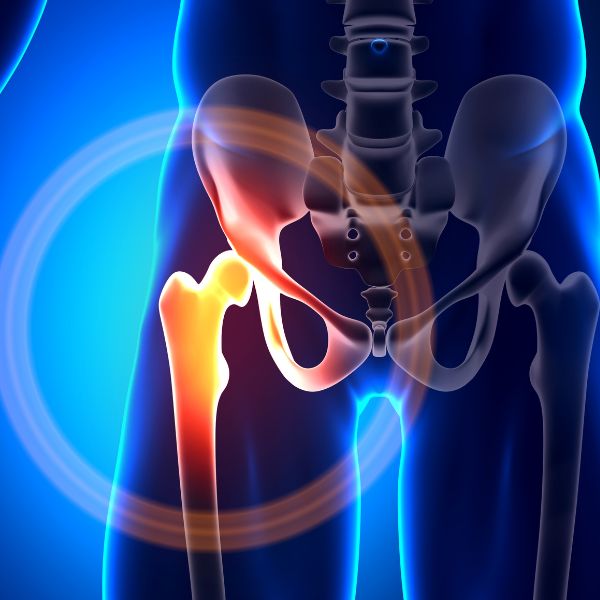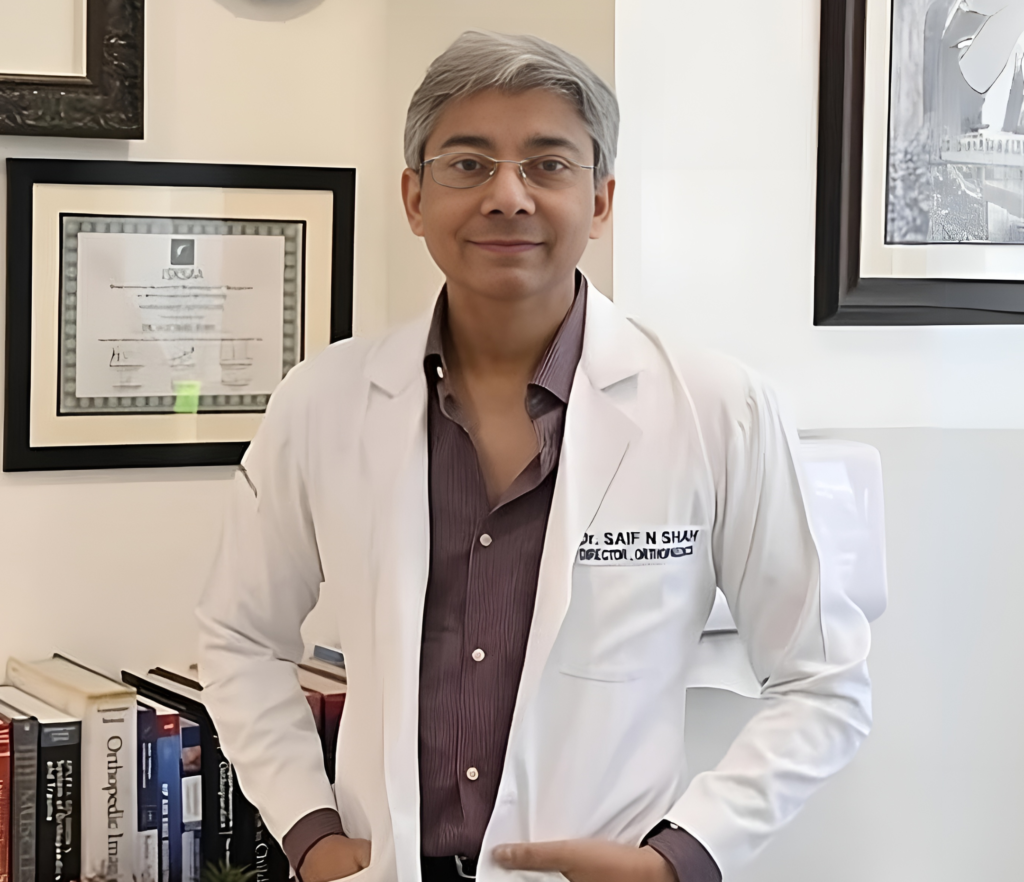
Sports Injuries: Causes, Treatment, and Prevention
Whether you’re a weekend warrior, a competitive athlete, or just love staying active, sports injuries

Avascular Necrosis (AVN) of the hip, also known as osteonecrosis, occurs when the blood supply to the femoral head (the ball of the hip joint) is disrupted, causing bone tissue to die. This condition can lead to the collapse of the hip joint and severe pain, often requiring surgical intervention like hip replacement to restore mobility and quality of life.
AVN hip replacement, also called total hip arthroplasty, is a surgical procedure where the damaged hip joint is replaced with a prosthetic implant. This surgery is usually recommended for patients whose AVN has progressed to the point where the femoral head has collapsed, causing pain and restricted movement that conservative treatments like medication or physical therapy can no longer relieve.

Hip replacement is typically considered for AVN patients who:
During an AVN hip replacement:
This surgery is performed under general or spinal anesthesia and typically lasts a few hours. After surgery, patients may require a short hospital stay, followed by physical rehabilitation to regain strength and mobility.

I currently practice at Medanta Hospital, Lucknow, where I’m the Director of the Institute of Musculoskeletal Disorders and Orthopaedics.
My expertise covers Partial and Total Knee Replacement Surgery, Hip Replacement Surgery, Revision Surgeries, as well as Spinal Decompression & Fixation. To date, I’ve performed over 1500 joint replacement surgeries and more than 5000 orthopaedic surgeries.
Don’t let pain hold you back.
Hip replacement does not "cure" Avascular Necrosis (AVN), but it effectively treats the symptoms by replacing the damaged joint. AVN causes the bone in the hip to lose blood supply, leading to pain and joint collapse. A total hip replacement removes the diseased bone and cartilage, replacing it with a prosthetic joint that restores mobility and eliminates the pain caused by AVN. While the underlying disease isn’t reversed, hip replacement surgery provides long-term relief and improved quality of life.
Recovery from AVN hip replacement surgery typically takes about 3 to 6 months. Most patients can begin walking with assistance within a few days of surgery and start physical therapy shortly after. Light activities and tasks can usually be resumed in 4 to 6 weeks, while a full recovery, including a return to more strenuous activities, may take several months. The exact recovery time varies depending on the patient’s overall health, adherence to rehabilitation, and the complexity of the surgery.
AVN hip replacement surgery is generally very successful, with success rates of around 90-95%. Most patients experience significant pain relief, improved mobility, and a better quality of life after surgery. Modern prosthetic joints are designed to be durable, lasting 15-20 years or longer in many cases. The success of the surgery depends on the extent of the AVN damage, the patient’s health, and following post-operative care instructions, including rehabilitation exercises.

Whether you’re a weekend warrior, a competitive athlete, or just love staying active, sports injuries



Dr. Saif Nabi Shah is an exceptional orthopedic surgeon. He is highly skilled, knowledgeable, and compassionate. I recently visited him for a consultation regarding a long-standing knee issue, and I was impressed by his thorough approach. He took the time to listen carefully to my concerns, performed a detailed examination, and explained the diagnosis and treatment options clearly.
Connect with Dr. Saif Nabi Shah today!